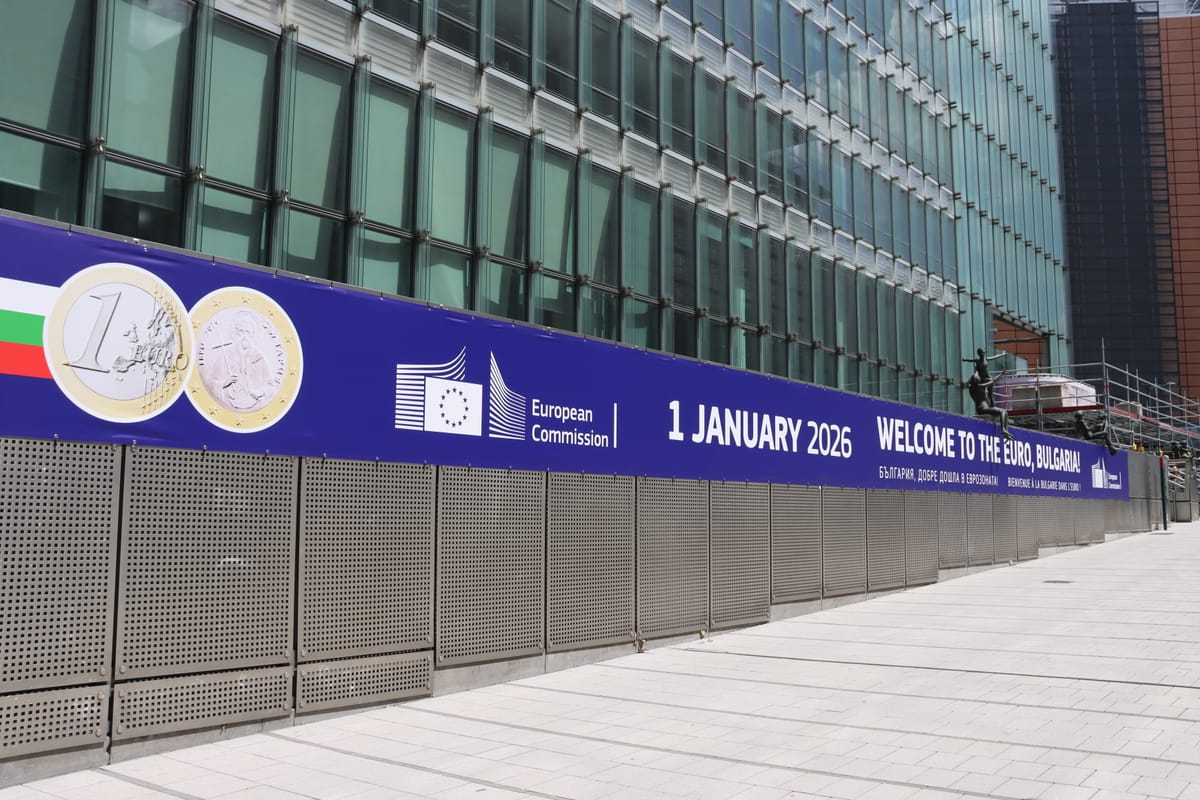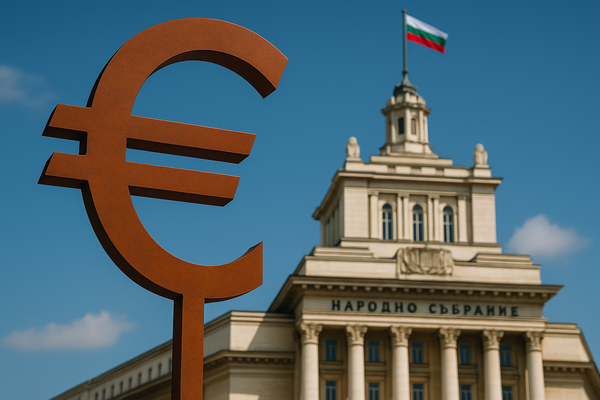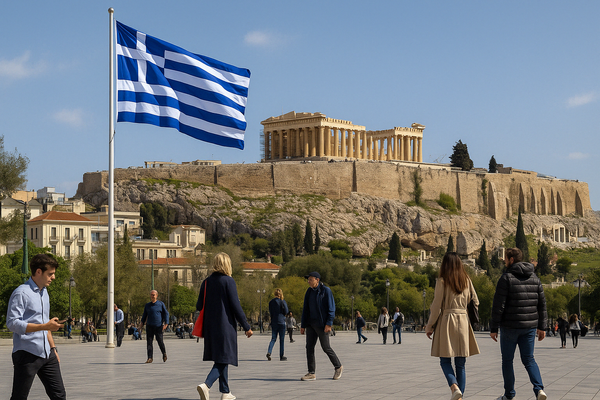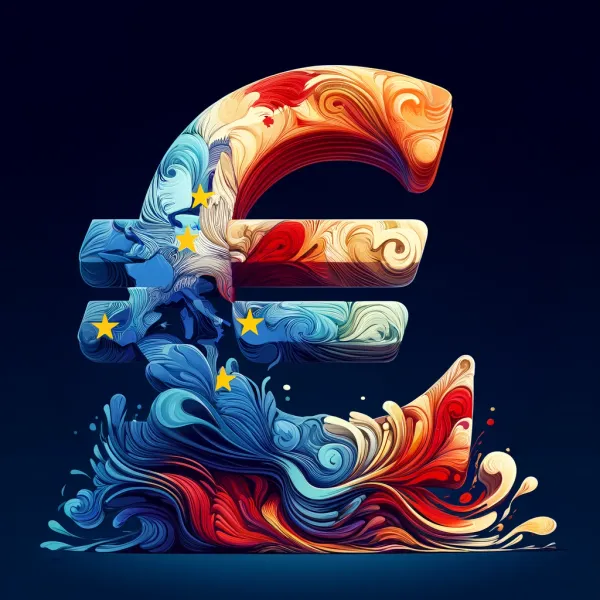
Bulgaria greenlight to join eurozone gets mixed response
Bulgaria will become the 21st member of the eurozone, the EU Council confirmed on 8 July, setting the stage for the country to adopt the single currency from 1 January 2026.
The move follows convergence reports published by the European Central Bank (ECB) and European Commission in June, which found that Bulgaria met the Maastricht criteria on inflation, debt, budget deficit, interest rates and exchange rate stability.
“This will support economic resilience, lower interest rates, and deepen Bulgaria’s integration into the EU financial framework,” ECB Vice-President Luis de Guindos said.
European Commission (EC) President Ursula von der Leyen hailed the decision as “a vote of confidence in the strength of our union” and praised Bulgaria’s macroeconomic reforms.
At home, divisions remain deep
While EU leaders toasted the symbolic victory, domestic reaction in Bulgaria has been more cautious. A June poll by Alpha Research found that only 51% of Bulgarian citizens support joining the euro, with widespread concerns about inflation, sovereignty and elite capture of EU policy.
The Bulgarian Finance Ministry has pledged to closely monitor prices throughout the second half of 2025 to deter profiteering and protect consumers. The fixed conversion rate will be set at 1.95583 Bulgarian lev per euro, the EC revealed.
The far-right Vazrazhdane (Revival) party, which opposes NATO and EU integration, has organised street protests and accused Brussels of orchestrating a “financial annexation”.
Bulgarian President Rumen Radev, while broadly supportive, has voiced caution over the social cost of the shift. “The transition must not deepen inequality or erode trust,” he warned in a recent statement.
Symbolism, yes—but what substance?
Bulgaria will start minting euro coins with national motifs later this year. A two-week dual currency period will follow the official switch on 1 January 2026, with the ECB overseeing the transition of financial systems.
For Brussels, the expansion marks a rare moment of momentum in a largely bottlenecked EU enlargement agenda. French broadcaster RTL called the confirmation a “small but clear victory” for Europe in the battle for influence in the Balkans, noting Bulgaria’s long-standing historic ties with Moscow.
However, some observers cautioned that symbolic victories risk becoming empty gestures without deeper strategic planning.
“Joining the euro is not just a currency change - it’s a declaration of geopolitical direction,” French MEP Valerie Hayer said, adding that "declarations only matter if they’re backed by deterrence, resilience and unity".
“Enlargement is a geopolitical necessity", according to Germany’s Foreign Minister Annalena Baerbock, in order "to strengthen Europe against Russian aggression”.
Bulgaria entered the European Exchange Rate Mechanism (ERM II) in 2020, with its banking sector placed under ECB supervision from the same year.




